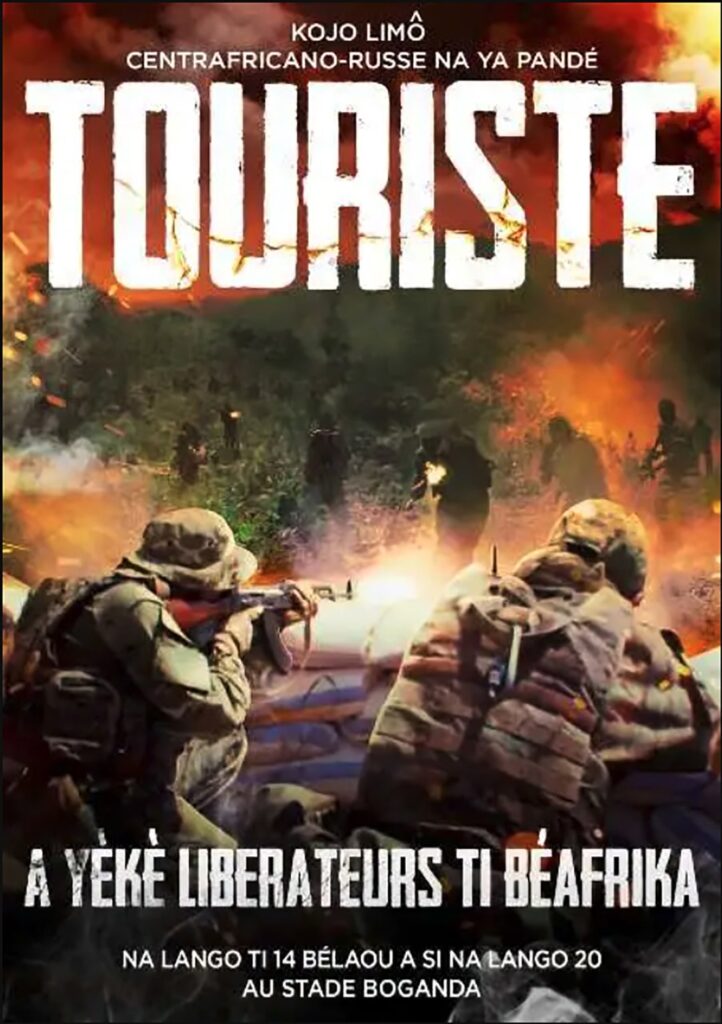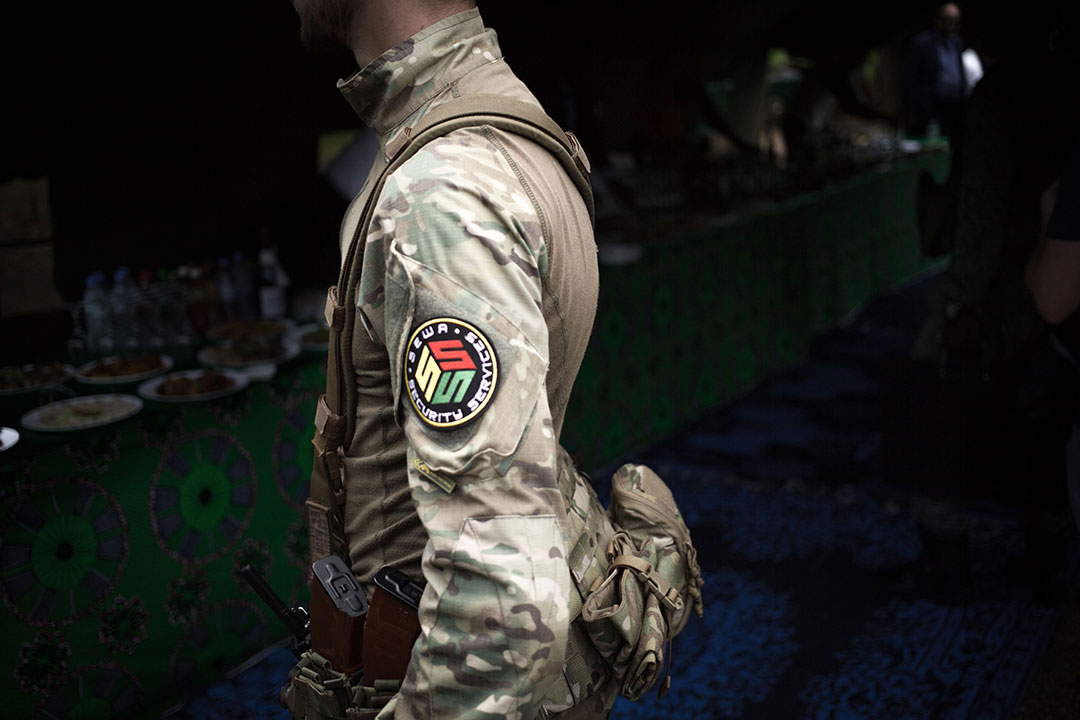Russia Unleashes Soft Power Machine on CAR
ADF STAFF
With unprecedented access to the levers of governmental power, Russia’s recent activities in the Central African Republic (CAR) show its intention to spread influence in a conflict-torn country.
CAR has been embroiled in civil war since 2012, when an estimated three-fourths of the country was in rebel hands. With a president facing a 2020 election delayed by the COVID-19 pandemic, opportunities abounded for Russia’s Wagner Group mercenaries to make a power play.
“They are cheap and come as part of a package of regime-support services, including political technologies,” Mark Galeotti, an expert on Russian security affairs, said of Wagner to independent newspaper The Moscow Times.
The Wagner Group has been in CAR since 2018, purportedly as a security provider to train troops, defend sites, and protect the president and other high-level officials. But the group’s focus has been securing lucrative gold, diamond and uranium concessions in exchange for its services.

Using mercenaries and shell companies as proxies and facades, Russia has deployed several methods for promoting its agenda in CAR: financing local media, sponsoring “anti-imperialist” influencers, producing multimedia propaganda and running misinformation campaigns.
Such proxies are valuable because they help Russia deny direct involvement.
“Their motivation is primarily financial,” Kevin Limonier, a lecturer in geopolitics and specialist in Russian-speaking cyberspace, told The Africa Report magazine. “They see Africa as a place to make money and explore new horizons. These influencers are acting primarily in their own interests, to make their capital grow, while accompanying Russia’s return to this part of the world.
“The Russian state does not necessarily have the means to fulfill its political ambitions in Africa. It therefore relies on these networks that use unconventional methods and deny their involvement, should a problem arise.”
Problems always follow the notorious Wagner Group.
The United Nations says it has “received numerous reports about Russian instructors who have been indiscriminately killing unarmed civilians” in CAR, particularly in mining regions.
The Office of the U.N. High Commissioner for Human Rights (OHCHR) in late March 2021 received reports of mass executions, torture, arbitrary detentions, forced displacement of civilians and attacks on humanitarian workers attributed to private military forces working with CAR’s military, including the Wagner Group.
Wagner’s presence, estimated at as many as 2,100 personnel, has grown in size and influence.
President Faustin-Archange Touadéra won reelection in 2020 in no small part because of Russian propaganda and misinformation campaigns.
Kremlin-linked oligarch Yevgeny Prigozhin funded the creation of a radio station called Lengo Songo (which means “Building Solidarity” in Sango) for $10,000, according to the BBC. The station has a strong pro-Russia stance, blaming the U.N. and France for the country’s crises.
Facebook suspended hundreds of fake accounts linked to Russian and French authorities ahead of the elections after social media content smeared CAR’s neighbors and foreign partners while propping up Russia as a liberator.
Coordinated street protests followed, targeting France, the U.N.’s peacekeeping mission in CAR (MINUSCA) and the regional coalition the Economic Community of Central African States.
MINUSCA in August 2021 also dealt with false rumors that it was supplying rebels with land mines, even as it was deploying personnel to remove such devices.
“MINUSCA has never used mines,” U.N. forces spokesman Maj. Ibrahim Atikou Amadou told the BBC, noting that demining operations were at an impasse because of the allegations.
Touadéra installed Kremlin-linked Valery Zakharov as his national security advisor in 2018.
Zakharov reportedly has “actively supported propaganda hostile to Paris,” according to The Africa Report.
In fact, Russian companies linked to the Kremlin have financed an array of soft-power initiatives. They reportedly have built playgrounds, created and screened Russian propaganda films in the CAR, and held football tournaments and beauty contests.
In exchange for its suite of aid, Russia has created shell companies that are busy extractingCAR’s vast mineral wealth.
One called Lobaye Invest was created in October 2017 along with a subsidiary defense firm called Sewa Security Services.
Léopold Mboli Fatran, CAR’s minister of mines, gave Lobaye mining exploration permits in two regions in June and July 2018. He eventually granted permits in six regions — Alindao, Birao, Bria, N’Délé, Pama and Yawa.
Throughout Russia’s extraction of resources, its soft-power grab has continued.
In December 2021, Twitter said it removed a network of 16 accounts connected to Russia’s Internet Research Agency that was carrying out an information operation in CAR.
“The operation relied on a mix of inauthentic and real accounts to introduce a pro-Russia viewpoint into Central African political discourse,” Twitter stated.


Comments are closed.